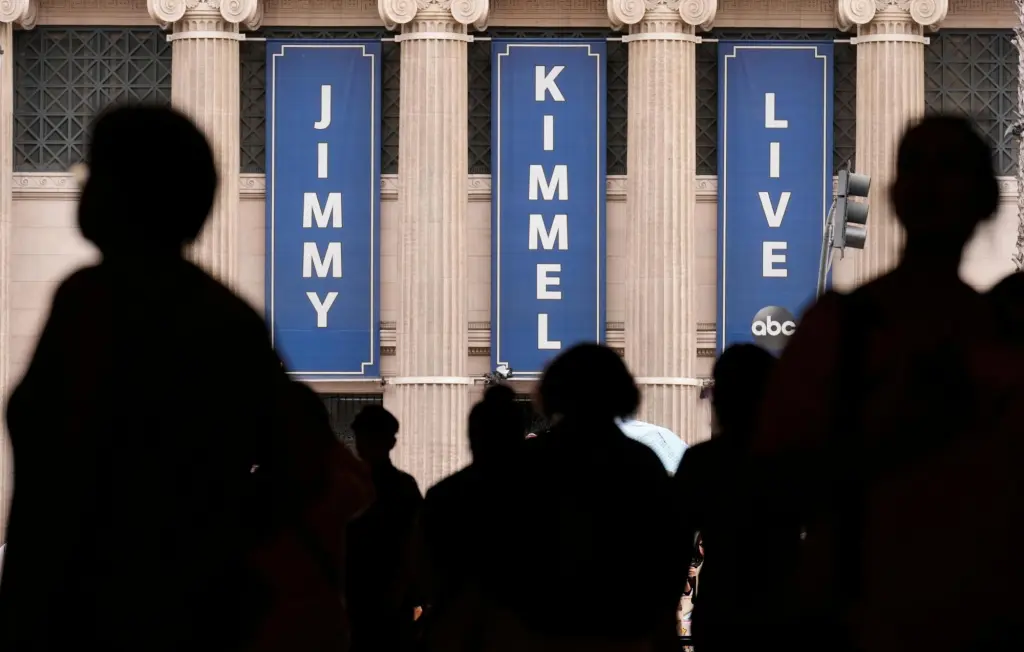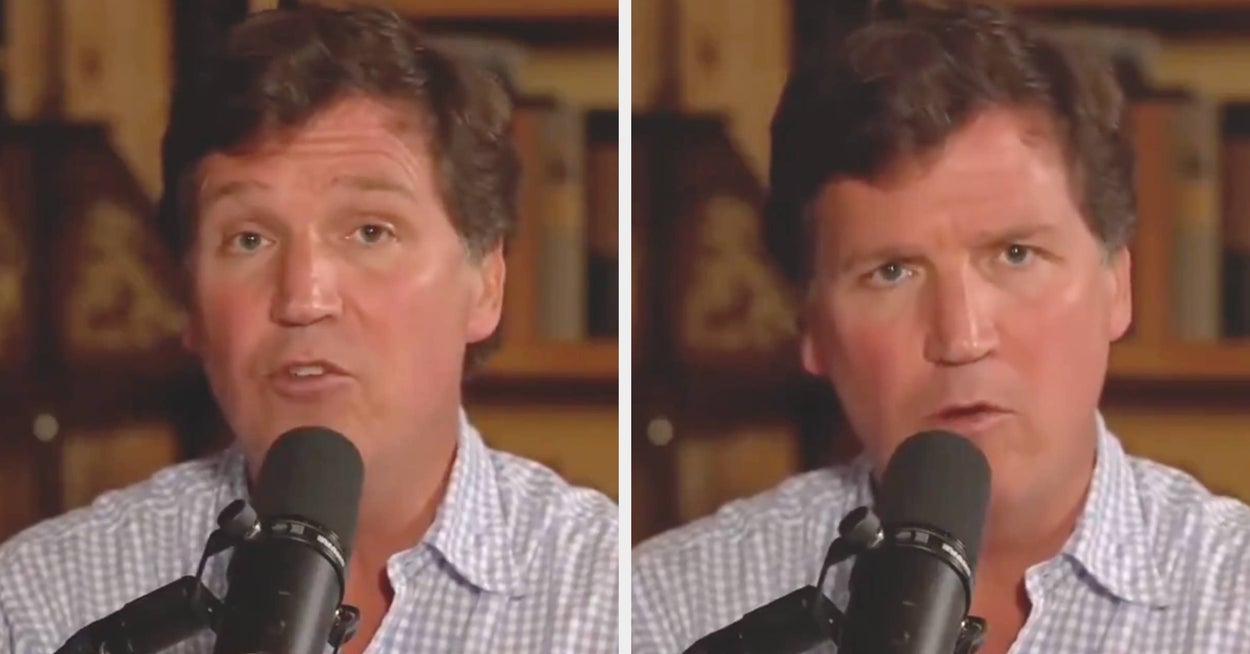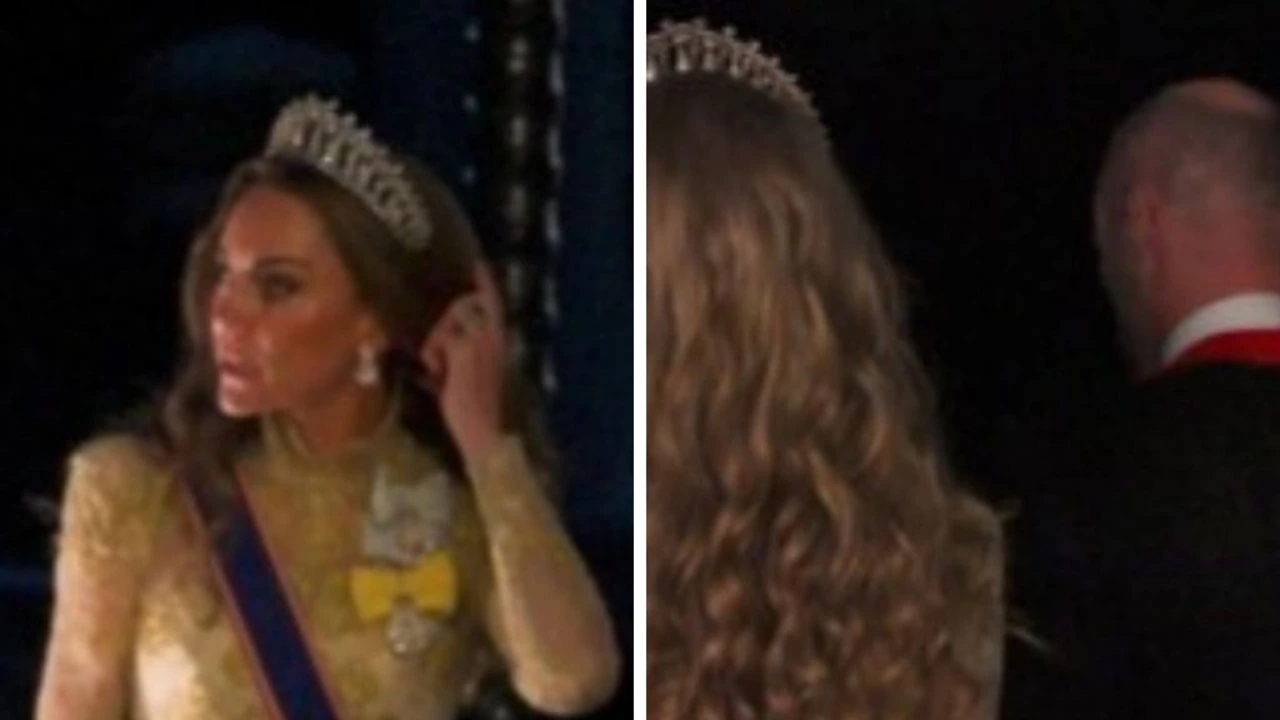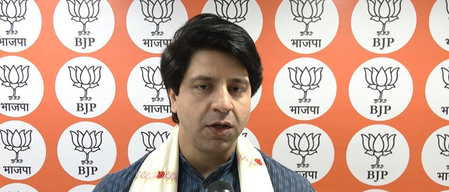
If comedians are not allowed to make jokes that are hated by the president of the United States and his supporters, it suggests a future for our nation that is less free and more dangerous for all, including those laughing and cheering that ABC yanked Jimmy Kimmel off the air on Wednesday.
Go ahead and laugh if you want because it’s a free country, or at least it used to be. It’s not anymore.
Now, the president can take to social media in July to practically predict Kimmel’s downfall and watch it happen in September. President Donald Trump can exert pressure on the Federal Communications Commission, the once-independent government regulator, to pull the broadcast licenses of TV stations owned and operated by ABC, like the other three major networks, in August. Suddenly, FCC Chairman Brendan Carr can tell a podcast on Wednesday that ABC could handle the Kimmel matter “the easy way or the hard way.”
As of Thursday, Kimmel was off the air “indefinitely.” It was so easy for someone openly despised by the president to be preempted for making fun of MAGA, Trump’s Make America Great Again movement. It was so easy for a crass, factually challenged statement by Kimmel during his Monday late-night monologue to become the vehicle to make Trump’s July prediction come true.
“We hit some new lows over the weekend with the MAGA gang trying to characterize this kid who killed Charlie Kirk as anything other than one of them,” Kimmel said when addressing the MAGA response to the Sept. 10 assassination of Kirk, a conservative activist and personality. Tyler Robinson, a 22-year-old Utah native, is the accused shooter.
The truth is, Kimmel’s joke wasn’t that good. The motive in the Kirk killing is unclear at the moment, according to authorities. Kimmel was presumably mocking MAGA for making generalizations about the Kirk shooter to fit their political agenda. But he did so by making some sketchy generalizations of his own to fit his agenda of mocking Trump and MAGA.
If Kimmel’s employers had disciplined him on their own, without the weight of the Oval Office and the United States government tilting the scales, Kimmel’s troubles would be a one-day story. What people always forget about the First Amendment is that although it protects us from government infringement on freedom of speech, it doesn’t prevent an employer from disciplining employees for making statements that reflect badly on their businesses.
But in Kimmel’s case, the chairman of the FCC left no doubt about how displeased he was with Kimmel. The president all but predicted that Kimmel was “next” in his July social media post.
“I absolutely love that (Stephen) Colbert got fired,” Trump wrote on Truth Social on July 18 after Colbert, another Trump critic, saw his show cancelled by CBS. “I hear Jimmy Kimmel is next. Has even less talent than Colbert.”
ABC affiliates expressed concerns about Kimmel, and the link between the business interests of TV affiliates and the FCC is undeniable. This is not just a one-day story. It is a line that has been crossed. Legal scholars can debate whether the spirit of the First Amendment was violated when the government exerted pressure on ABC over Kimmel. But the damage is done.
The beauty of the First Amendment is that it protects speech that’s ugly, unpopular and, yes, unfunny. Founding Father James Madison warned about the tyranny of majority factions. Alexander Hamilton warned against populist demagogues.
We don’t want the government deciding what is appropriate or what you can say or can’t say. We don’t want the government using the levers of power to hurt people it doesn’t like. We don’t want to simply shrug at this as if it’s normal.
It’s the mistake we make when we place partisanship over democracy instead of the other way around. It’s the mistake we make when we forget there are lines that should never be crossed in a democracy.
One day, politics could change, and those who grew comfortable with the abuse of democratic norms in pursuit of power could find themselves on the vulnerable side of a democracy gone wrong.
Marcos Breton is opinion editor of the Sacramento Bee.



